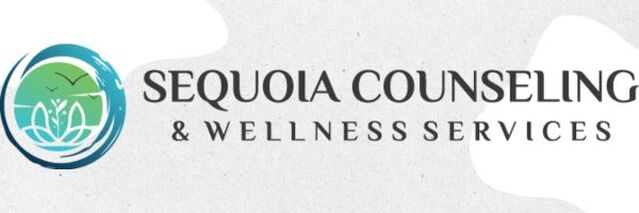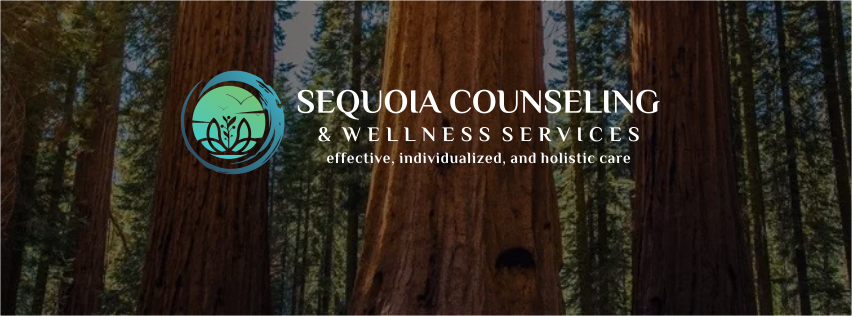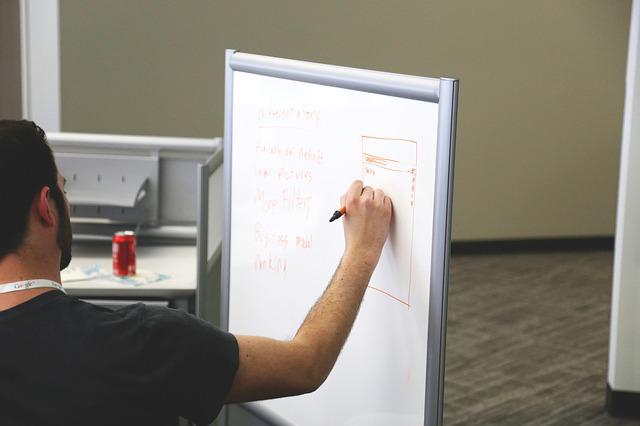|
Hi Sequoia Counseling friends, today's blog post is about job burnout. I've noticed that social
changes are impacting how we work and how we view work- these changes can be stressful and increase chances of job burnout. In this post, I start with a clear definition of "job burnout." From there I will talk about the effects, why it occurs and what maintains it, and some possible solutions. Are you ready? Let's go... ! What is Job Burnout?
In essence, burnout is a psychological condition that develops in response to chronic interpersonal stressors on the job. Dr. Christina Maslach reviewed and completed research on this topic- and even created the Maslach Burnout Inventory (!). Based on 25 yrs of research and her own observations, Maslach (2001) defines job burnout as having 3 components:
What are the Effects of Job Burnout?
According to the research, burnout over time can lead to increased absenteeism, decreased morale & intentions to quit, decreased productivity and worker effectiveness, less job satisfaction and less commitment to the job or organization. Burnout can also be a precipitant to substance abuse, depression, anxiety, and decreased self-esteem. What Contributes to Burnout?
With respect to individual demographics, the research findings are mixed. Personally I think individual lives and stressors can be complicated- so it's hard to be certain that any specific demographic variable, such as race or gender, influence burnout. The research supports that individuals who are earlier along in their career as a whole may be more likely to burnout. Personality traits, such as low self-esteem, avoidant or passive coping style, and difficulties adapting to change can also contribute to burnout due to higher levels of stress. Several factors within the organization/work environment can contribute to burnout:
What Can Be Done To Ease or Address Burnout?
Dr. Maslach discusses the importance of responding to all 3 components of burnout. Of course this includes both individual and organizational changes. Research identifies the use of stress management training, relaxation and meditation, time management skill building, communication and interpersonal skills training, team-building activities, and management of professional demands. When feeling chronically burned out on the job, I suggest (from my Facebook video post):
While there is no medical disease or disability diagnosis for job burnout, the experience is real and can be very overwhelming. Therapy can help with symptom management, emotional support, and skill building to alleviate the burden. Therapy can also help to prevent or lessen the effects of depression, anxiety, or other psychological and behavioral concerns. Organizational changes to address workplace burnout is best addressed by human resource professionals, industrial/organizational psychologists, and similar trained professionals. Personally, I do believe that executive training in identifying, preventing, and responding to burnout is important. I could see "resilience in the workplace" training used to strengthen team and individual workplace functioning and prevent the employee and organizational challenges mentioned previously in this post. It would be essential to carry this out in a way that is not stigmatizing or shaming of staff, teams, and management. Next Steps with Job Burnout.. Thank you for reading along. In one of the upcoming posts, I will continue this discussion by offering some coping strategies using Acceptance and Commitment Therapy techniques. You can also read more on self-care for burnout in this previous post. If you are interested in counseling, I provide online services in CA. You can either send me a note using the contact form or leave me a voicemail message. <3 Be Well !! All blog posts from Dr. Soo Hoo are provided for educational and informational purposes only. As Dr. Soo Hoo is a licensed clinical and health psychologist, we must make it clear that nothing on the blog is intended to constitute medical or psychological advice, consultation, recommendation, diagnosis, or treatment. If you are concerned about your health, please seek appropriate care in your area. Comments are closed.
|
Hours Mon-Fri: 8am - 5pm
|
Telephone 949.337.1034
|






